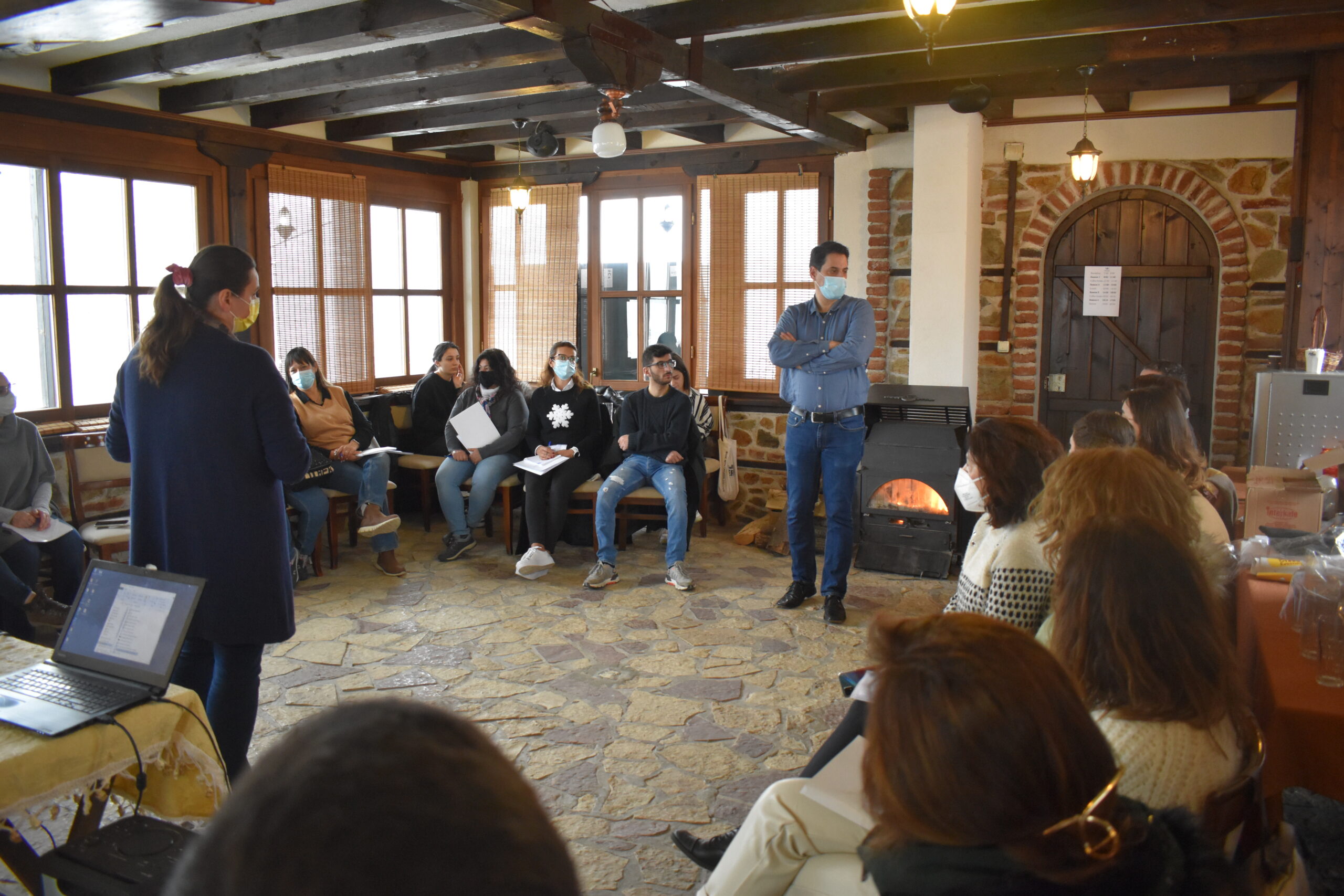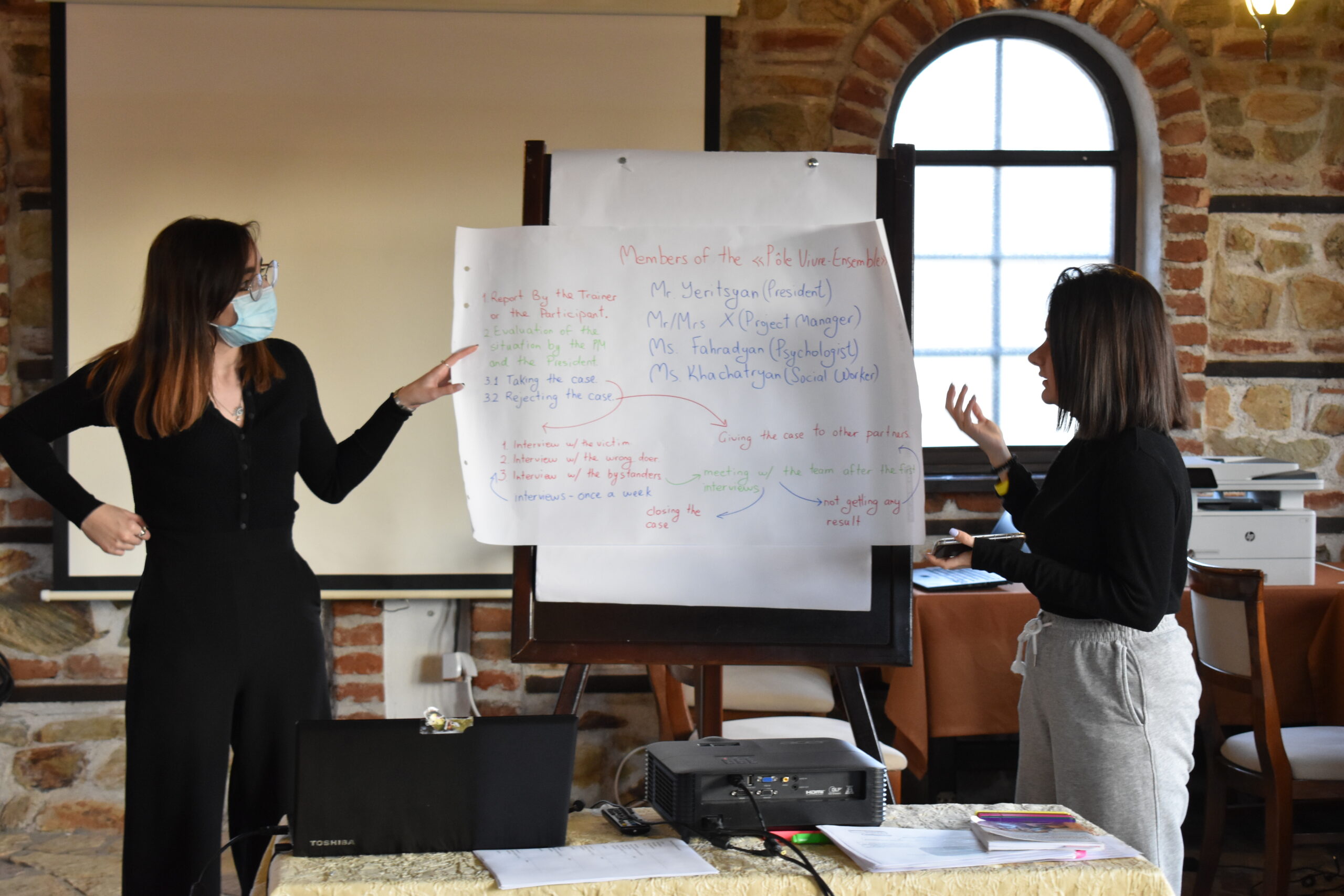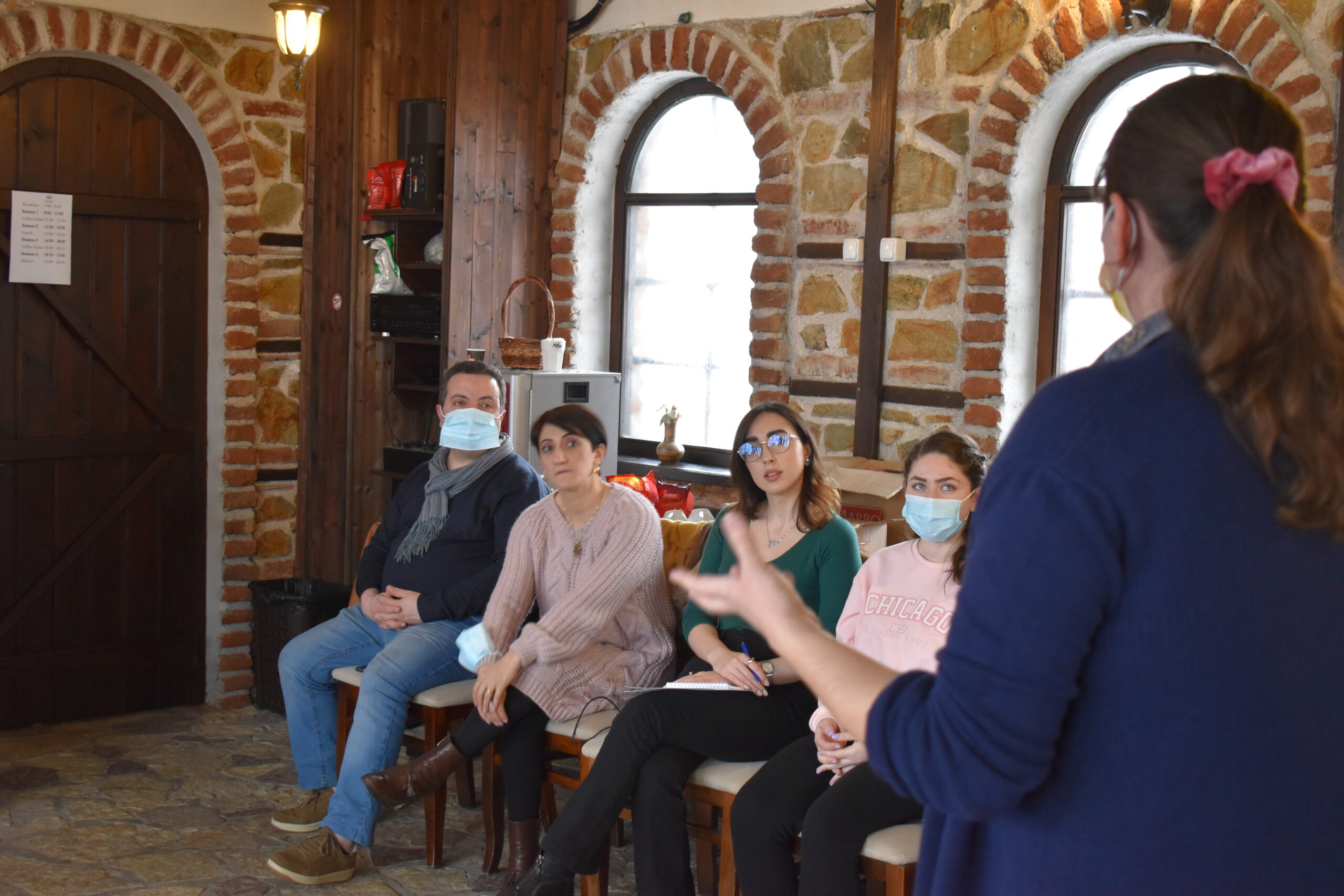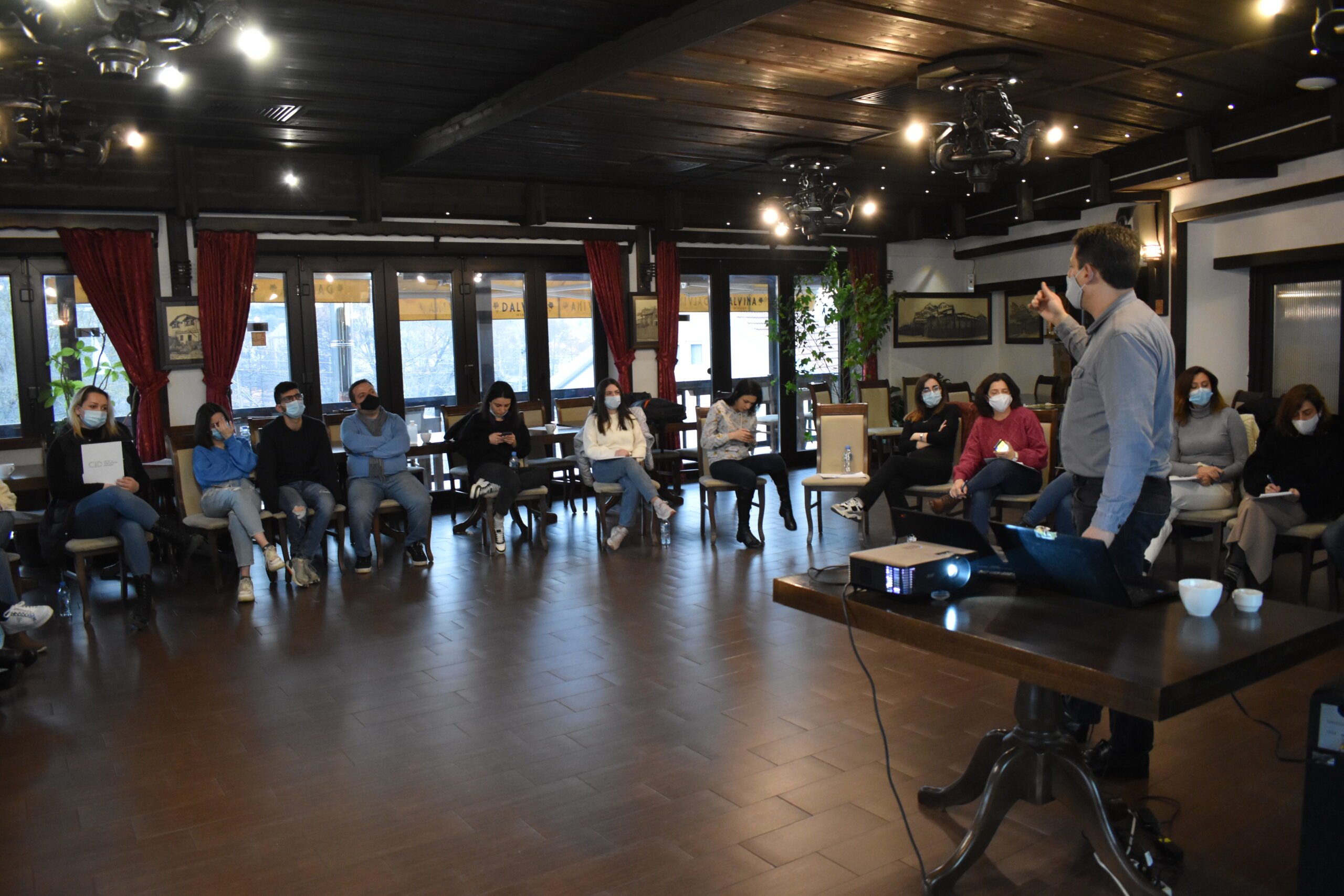
Working together to stop bullying
- Posted In :
- 0 : comment
From February 22-28, 2022 Armenian Progressive Youth in cooperation with MOJU- Associação Movimento Juvenil em Olhão, Center for Intercultural Dialogue (CID), co-funded by the Erasmus Plus Programme of the European Union, implemented a project named ”Working together to stop bullying”. This training was organized within a 2-year Strategic Partnership project called Working Together to Stop Bullying. The aim of the project is to fight against bullying among young people, mainly in schools, high schools, local environments, and online platforms. Three of the project participants are sharing their impressions and experiences.
Anna Tovmasyan
Participant
”The project provided us with a great skillset, methods, and activities which we can use in fighting against bullying. I learned how the bullying system generally works, it exists in different countries for example in North Macedonia, Portugal, and Armenia. And how the school systems are fighting against bullying.
Also, I learned about the shared concern method which is a non-punitive method of dealing with bully/victim incidents aimed at empowering students who have contributed to the bullying or become aware of the bullying to act so as to resolve the problem. It involves a multistage process, beginning with individual interviews and leading to group meetings. We learned how we can use this method in fighting against bullying.
Generally when we speak about bullying, especially it targets the school system because it mainly occurs when we speak about teenagers and school children. Especially working with young people we learned some tools of how we can notice that for example there is a bully, how you can create group dynamics, and how you can create equality in the group. Especially for the youth organizations who are just started their way and started to work with young people, the information was really relevant and actionable.”

Diana Babakhanyan
Participant
”It was a very great exchange opportunity with different professionals from countries with diverse cultures and educational systems. It was also interesting that we worked with different age groups; we worked with young people, and they worked with school-aged people.
The speakers were really good. There were experts from France and they were just the people who were mainly practicing it in their school system, so they were just sharing their own experiences, it was not just the theoretical part of the sharing but also the practical part as they’re using it in their school systems. The sessions were very interesting, we did have some practical and theoretical parts, and we had role-plays and lots of actionable activities.
We did a great exchange both with the trainers and also with the participants. They were interested in the methods and activities that we use during our trainings and sessions as they were eager to use these methods in their schools. It is also very interesting for us to know that NGOs in Portugal have a great influence on schools. NGO-school cooperation is quite successful.”

Karen Davtyan
Participant
”The cooperation with our partners was very important and it was also substantial to get acquainted with the methods presented by the trainers. During the course, we got acquainted with the theoretical part of the methods and got the opportunity to apply these methods ourselves and understand how these methods are used in practice.
In my opinion, the program was very well organized, because the proposed methods were applicable to all participants and the topic was very relevant in the project participant countries. It would be very interesting to see the application of these methods in Armenian schools. The trainers implemented the project in France and applied the methods in several schools in France. It was interesting to know about the results and especially about their experiences.
Overall, the training program provided us with knowledge on understanding Shared Concern Methodology; skills in applying the Shared Concern Method in school and youth organization environments.”


Apy
July 5th, 2022 View Profile